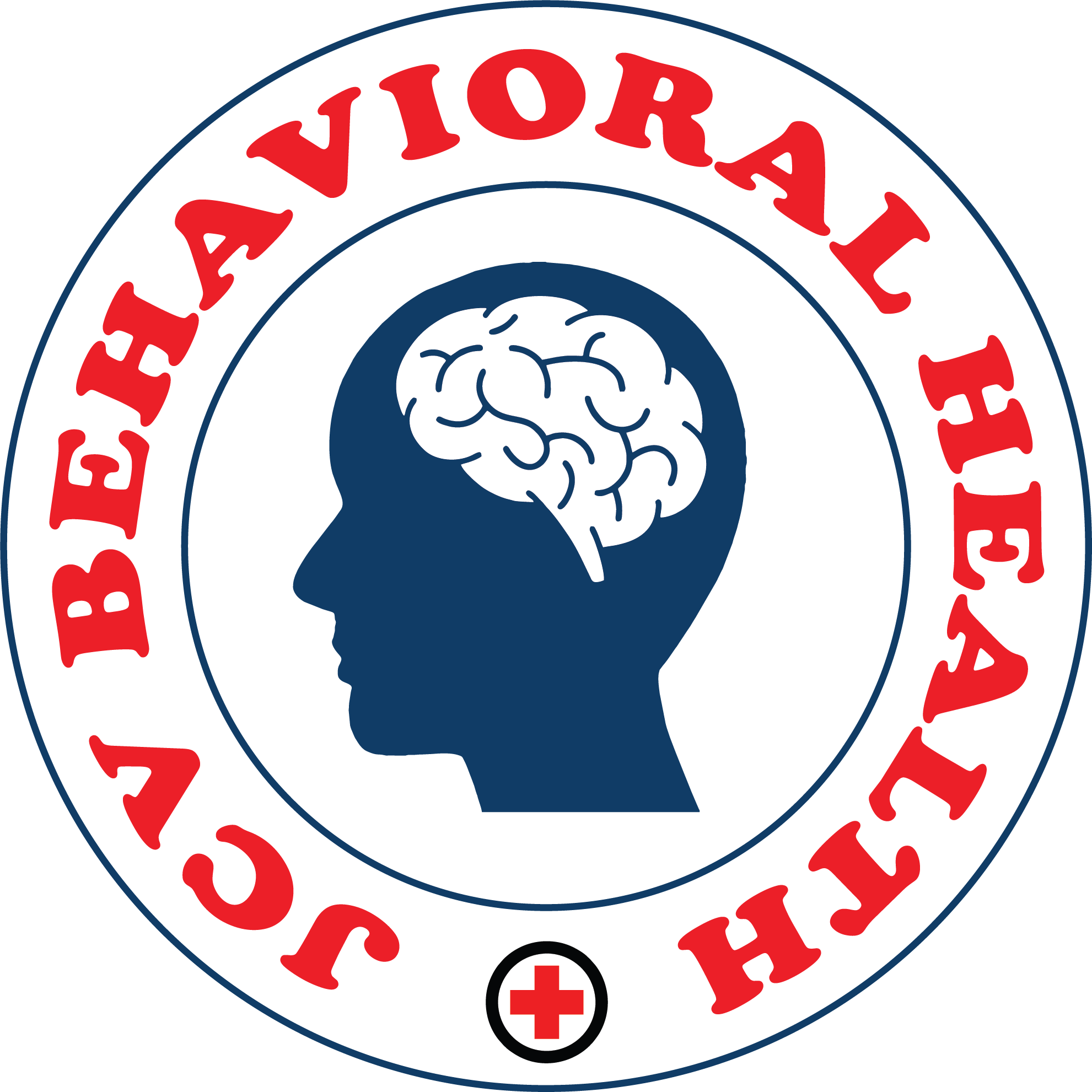Post-Traumatic Stress Disorder (PTSD) is greater than simply an emotional disturbance. It rewires the mind, including its memory. A common question emerges: “Does PTSD cause memory loss?” Yes, it does! Let’s explore how PTSD harms memory, thinking, and daily life.
JCV Behavioral Health provides compassionate care for PTSD and memory loss. Discover effective treatments to help you reclaim focus and peace. Contact us today!
What Is PTSD?
PTSD lingers like a shadow after traumatic events. It’s hard to overcome. This condition can arise from a severe accident, a natural disaster, or war. Many people eventually find peace. However, some remain stuck in a cycle of distress. They struggle with ongoing symptoms, such as:
- Nightmares
- Flashbacks (reliving the event)
- Feeling anxious or scared all the time.
- Avoid reminders of the event.
These symptoms can disrupt daily life and make memories unclear. They also reduce the mental focus needed to remember important details.
How PTSD Affects Memory
To answer, “Does PTSD cause memory loss?” Look at how the brain reacts to trauma. Very stressful experiences trigger definite reactions in human brains:
- Stress Response: PTSD puts the brain on high alert. It makes it hard to calm down or focus.
- Memory Blocking: Sometimes, the mind avoids distressing memories. This causes memory lapses.
- Shrinking Brain Areas: The hippocampus, a brain area, stores and arranges memories. It shrinks with intense PTSD.
These changes explain why people with PTSD often have memory loss from trauma. They struggle to recall details.
Signs of PTSD and Memory Loss
PTSD can cloud memory, revealing challenges in unexpected forms. Here are some familiar signs to watch for:
- Forgetting Details: Some may confuse or forget parts of the distressing event.
- Trouble Focusing: It’s hard to stay focused on reading, working, or talking.
- Strong Emotional Memories: They may recall the feelings more than the details.
These represent the impacts of PTSD and memory issues on an individual’s existence.
Can PTSD Cause Dementia?
You may wonder, “Can PTSD cause dementia?” The answer is not simple. PTSD itself doesn’t cause dementia. However, it can increase the risk. Chronic stress changes the brain, studies show. This can cause cognitive decline. So, fighting PTSD can also protect your mental health in the future.
These changes can emerge because PTSD often triggers:
- Chronic Stress: This leads to a weakening of the brain over time.
- Inflammation: When stress levels soar, it triggers inflammation. Sadly, it hurts our brain cells.
- Cognitive Decline: If you push your brain too hard, you may have worse memory problems as you age.
The link between PTSD and memory loss shows the need to manage symptoms early.
How PTSD Changes the Brain
Trauma is more than just a change in feelings; it actually transforms your brain. Let’s see how PTSD impacts various brain regions:
- Amygdala: It’s the fear manager. In PTSD, the amygdala works overtime. It causes fear and stress, despite no real danger.
- Hippocampus: Think of this as the memory coordinator. PTSD leads to downsizing here. It causes struggles with recalling details and learning new information.
- Prefrontal Cortex: This helps with decision-making and calming emotions. PTSD weakens it, leading to poor focus and impulsive behavior.
These changes make it clear how PTSD and memory problems are connected.
How Does PTSD Affect Everyday Life?
PTSD isn’t just a mental issue; it permeates daily existence. Individuals with PTSD can encounter difficulties like:
- Work Challenges: Missing work due dates or losing concentration can amplify tasks.
- Relationship Strains: If you can’t remember conversations, it can lead to arguments.
- Everyday Confusion: Even tiny matters, like misplacing keys, become frequent.
Knowing how PTSD changes daily life reveals why getting help matters a lot.
Can Memory Loss from PTSD Be Fixed?
Gladly, problems with memory that arise from PTSD can get better. Your brain has the power to mend itself with something known as neuroplasticity. By taking the correct actions, you’ll realize improved memory and sharper focus.
Ways to Improve Memory with PTSD
Here’s the method for managing PTSD and memory issues:
- Therapy: Talk to an expert to ease tension and sort memories.
- Mindfulness: Yoga and meditation ease the mind and enhance concentration.
- Healthy Habits: Eat nutritious food, exercise, and sleep well. They make your brain healthier.
- Write It Down: Keeping a diary helps recall tasks and events.
As time goes on, these actions help to turn around the effects of memory loss from trauma.
How Does PTSD Affect Kids?
PTSD can affect children as well. Here’s how it appears:
- Trouble focusing in school
- Forgetting instructions or homework
- Avoiding friends or activities they once enjoyed
Helping kids with PTSD early cuts the risk of serious issues, like memory loss, later.
Preventing Memory Loss in PTSD
When you feel anxious about memory troubles, begin by caring for your mind. Quick action stops PTSD signs from getting worse. EMDR therapy helps your brain heal from trauma and also improves your memory.
Let’s Conclude: Does PTSD Cause Memory Loss?
Does PTSD cause memory loss? The answer is yes. PTSD alters the brain, especially areas tied to memory. It can cloud details, spark emotional flashbacks, and sabotage focus.
Memory problems can improve with the right treatment and support. If you or someone you know struggles with PTSD, get help.
Start today to better understand PTSD. You deserve care. Everyone can heal. Your path to wellness begins now.
FAQs
Can PTSD cause dementia?
PTSD doesn’t directly bring about dementia. It has a gentle impact. Long-lasting stress from PTSD raises brain swelling. This swelling might lead to thinking problems and a higher risk of dementia.
What are common memory issues in PTSD?
PTSD causes memory issues. These include forgetting details of the trauma, trouble focusing, and mixing up past facts.







